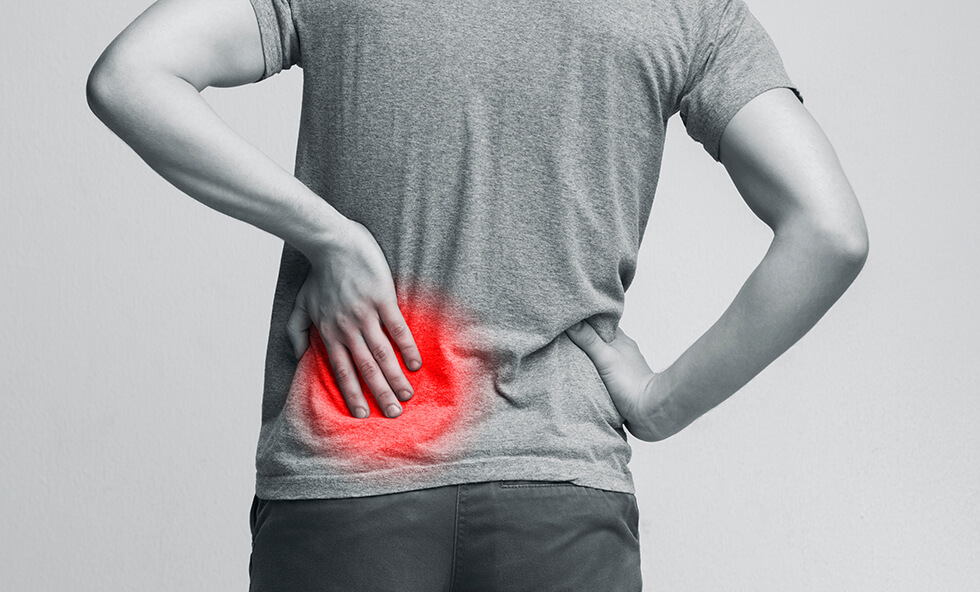UTI, Urinary Tract, Pelvic Pain, Escherichia Coli, Gonorrhea, Chlamydia, Mycoplasma, Cranberries, Garlic
Root Cause of Disease
Urinary tract infections (UTIs) are usually caused by bacteria from feces entering the urinary tract. The bacteria enter through the tube that carries out the urination task of the body (urethra). Women have a shorter urethra than men. This means bacteria are more likely to reach the bladder or kidneys and cause an infection.
A urinary tract infection (UTI) is an infection in any part of the urinary system. The urinary system includes the kidneys, ureters, bladder, and urethra. Most infections involve the lower urinary tract — the bladder and the urethra.
Women are at greater risk of developing a UTI than men. If an infection is limited to the bladder, it can be painful and annoying. But severe health problems can result if a UTI spreads to the kidneys.
Normal urine has no bacteria in it, and the one-way flow helps prevent infections. Still, bacteria may get into the urine through the urethra and travel up into the bladder.
Symptoms
UTIs don’t always cause symptoms. When they do, they may include:
- A strong urge to urinate that doesn’t go away
- A burning feeling when urinating
- Urinating often, and passing small amounts of urine
- Urine that looks cloudy
- Urine that appears red, bright pink, or cola-colored — signs of blood in the urine
- Strong-smelling urine
- Pelvic pain, in women — especially in the center of the pelvis and around the area of the pubic bone.
Causes
UTIs typically occur when bacteria enter the urinary tract through the urethra and begin to spread in the bladder. The urinary system is designed to keep out bacteria. But the defenses sometimes fail. When that happens, bacteria may take hold and grow into a full-blown infection in the urinary tract.
The most common UTIs occur mainly in women and affect the bladder and urethra.
- Infection of the bladder. This type of UTI is usually caused by Escherichia coli (E. coli). E. coli is a type of bacteria commonly found in the gastrointestinal (GI) tract. But sometimes other bacteria are the cause.
- Infection of the urethra. This type of UTI can happen when GI bacteria spread from the anus to the urethra. An infection of the urethra can also be caused by sexually transmitted infections.
There are two types of UTIs:
- Simple and complicated.
- Simple UTIs are infections that happen in healthy people with normal urinary tracts.
- Complicated UTIs happen in abnormal urinary tracts or when most antibiotics cannot treat the bacteria causing the infection. Most women have simple UTIs, while the UTIs in men and children should be thought of as complicated.
Home Remedies to treat Urinary tract infections
Remedy – 1:
Materials: Drinking Water

Procedure:
- Drink Plenty of water
- Water helps to dilute your urine and flush out bacteria
Remedy – 2:
Materials: Cranberry


Procedure:
- Put the water and the cranberries in a pot and bring to a low boil
- Boil until cranberries pop, 10 minutes or so
- Drain the cranberry juice through a fine strainer pushing on the berries a little bit to extract juices
- Do not add any sweetener and put it in a jar and refrigerate
Cranberries work by helping to prevent bacteria from adhering to the urinary tract.
Product Link: Cranberries
Remedy – 3:
Materials: Garlic

Procedure:
- The garlic dosage for UTI that worked for some seems to be up to 9 garlic cloves a day, split into three equal doses.
- You can cut garlic into pill-size pieces, but it is recommended to crush it as much as possible before swallowing to release potent Allicin. The problem with this dosage is, obviously, that cloves are not a unit of weight.
- One garlic clove weigh anywhere from 4-30 grams. So, make sure to use a digital scale to stay under the toxic limits (see below).
Research shows garlic and garlic extract to have antimicrobial properties, so they may be able to block the growth of bacteria to prevent UTI.
Product link: Garlic
Preventions
- Wipe from front to back: Do this after urinating and after a bowel movement. It helps prevent the spread of bacteria from the anus to the vagina and urethra.
- Empty your bladder soon after having sex: Also, drink a full glass of water to help flush bacteria.
- Avoid potentially irritating feminine products: Using them in the genital area can irritate the urethra. These products include deodorant sprays, douches, and powders.
- Change your birth control method: Diaphragms, unlubricated condoms, or condoms treated with spermicide can contribute to bacterial growth.




